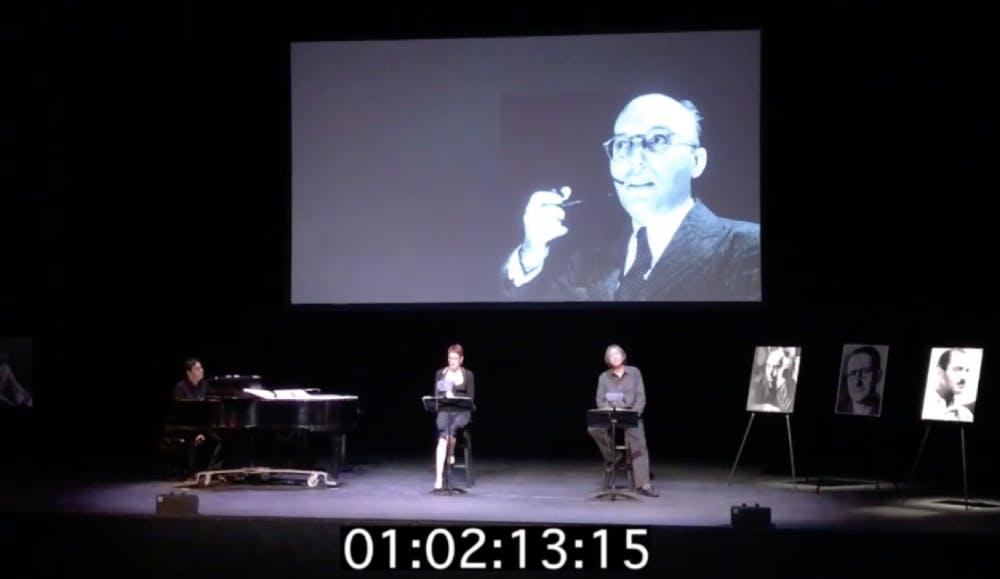Given the turbulent political climate, producer Joseph Horowitz brings a multidimensional performance to UNC. The performance, subtitled, “Change the world, it needs it,” will feature music by three prominent cultural figures from the 1920s and 1930s. However, its highlights may be conversations on either side of the event.
Unlike a typical cabaret, the performance features music, dialogue, audio recording and film, depicting adaptations of original works by Bertolt Brecht, Marc Blitzstein and Kurt Weill. All three were politically left-leaning and radically bent, Horowitz said.
“The music and the video and the dialogues all intertwine so much that the evening really just steps up in its own way — it’s kind of its own category,” said Lisa Vroman, a performer for the event who worked on Broadway and in opera for 10 years. “This is one of those special events that I look forward to because of such high-end musicians and it’s really just an unusual project. I hope people take advantage of it, especially the student body.”
By melding the historical content with a current take, Horowitz hopes to read the story in a modern light.
“During the '20s and '30s, which was a time of political and economic upheaval, political theater was in a vibrant phase, both in Germany and the United States,” Horowitz said, likening those decades to the present political moment.
While the show itself is the main event, Horowitz and Vroman both said people should attend the free talk the night before and hang around after the actual show to speak with the performers and producers.
“When this show is performed — this is its fourth incarnation — people stay for an hour and talk about it," Vroman said. "In our experience over half the people stay. And they’re talking about the present day, they’re not talking about the 1930s and 1940s.”
Mason Krusch is a UNC sophomore interested in German language study and classical music who expressed interest in the event.
“I’ll go to just about any classical event or concert,” Krusch said. “I very much like the idea of the sort of callback talk that they do after the show.”




